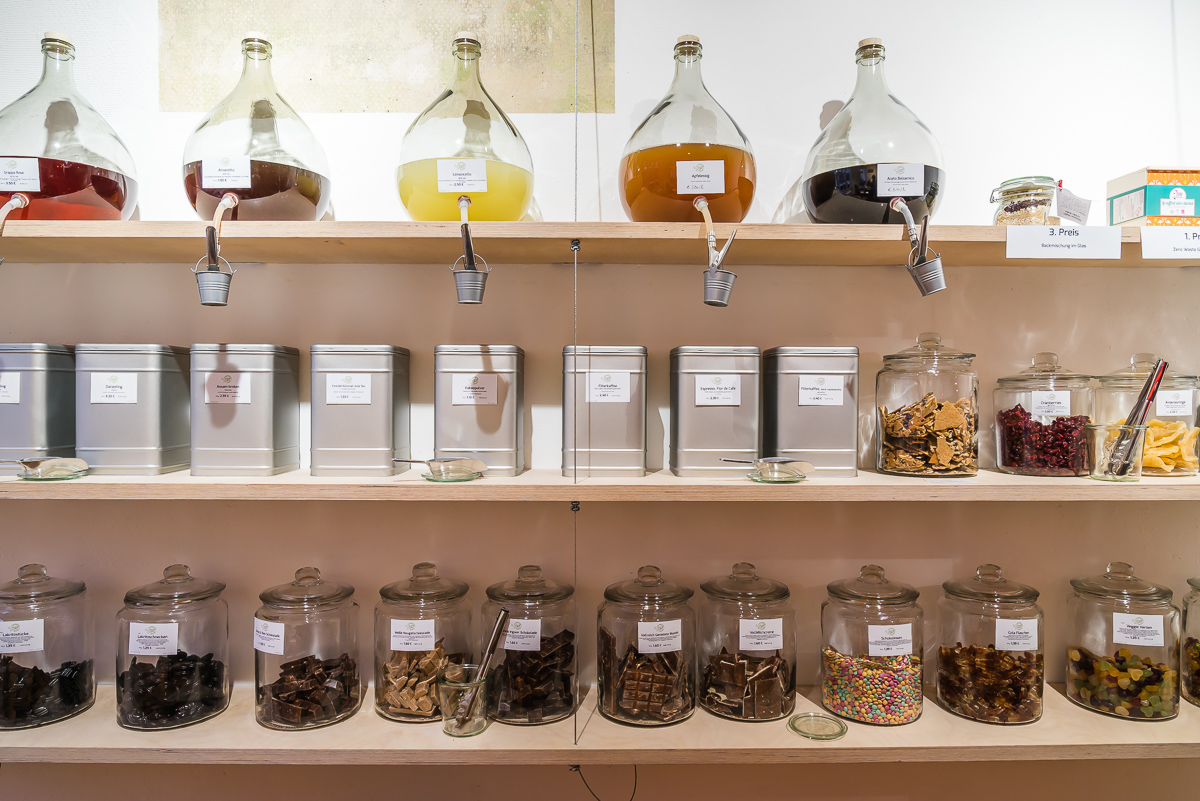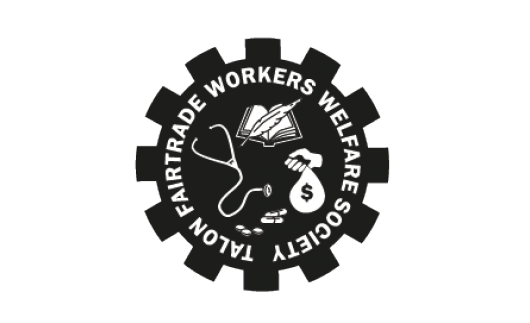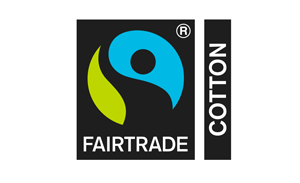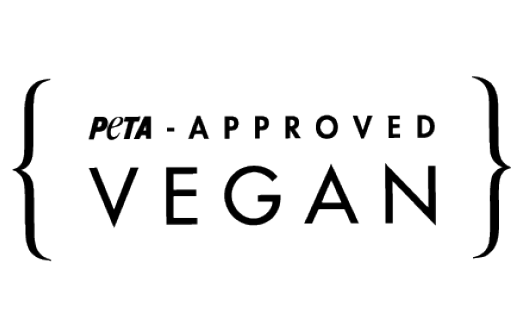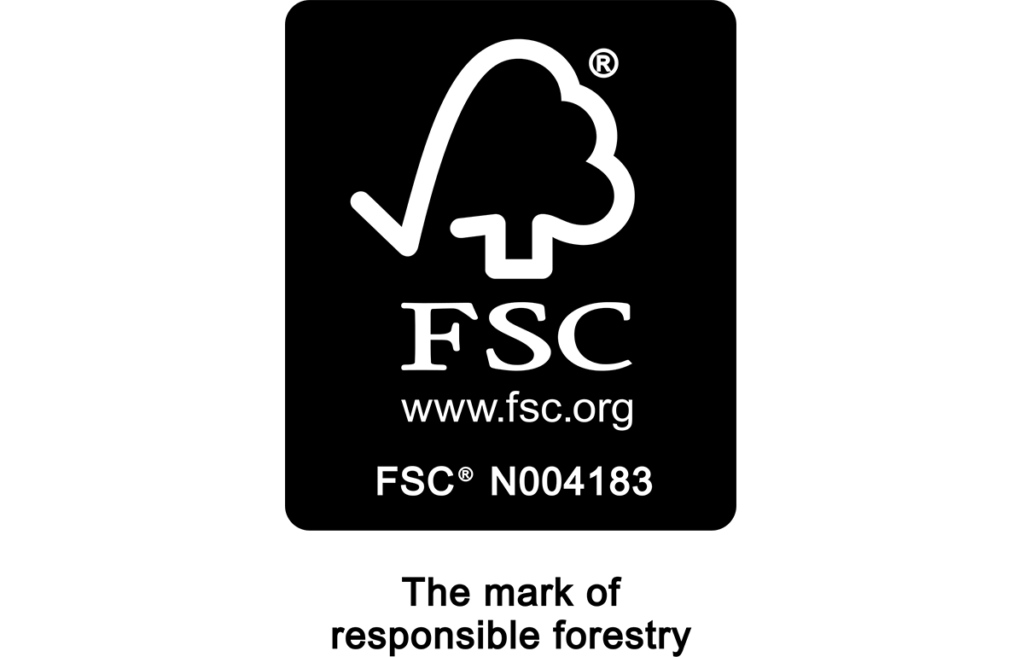Like a modern Mom-&-Pop store
BRANDS WE LIKE
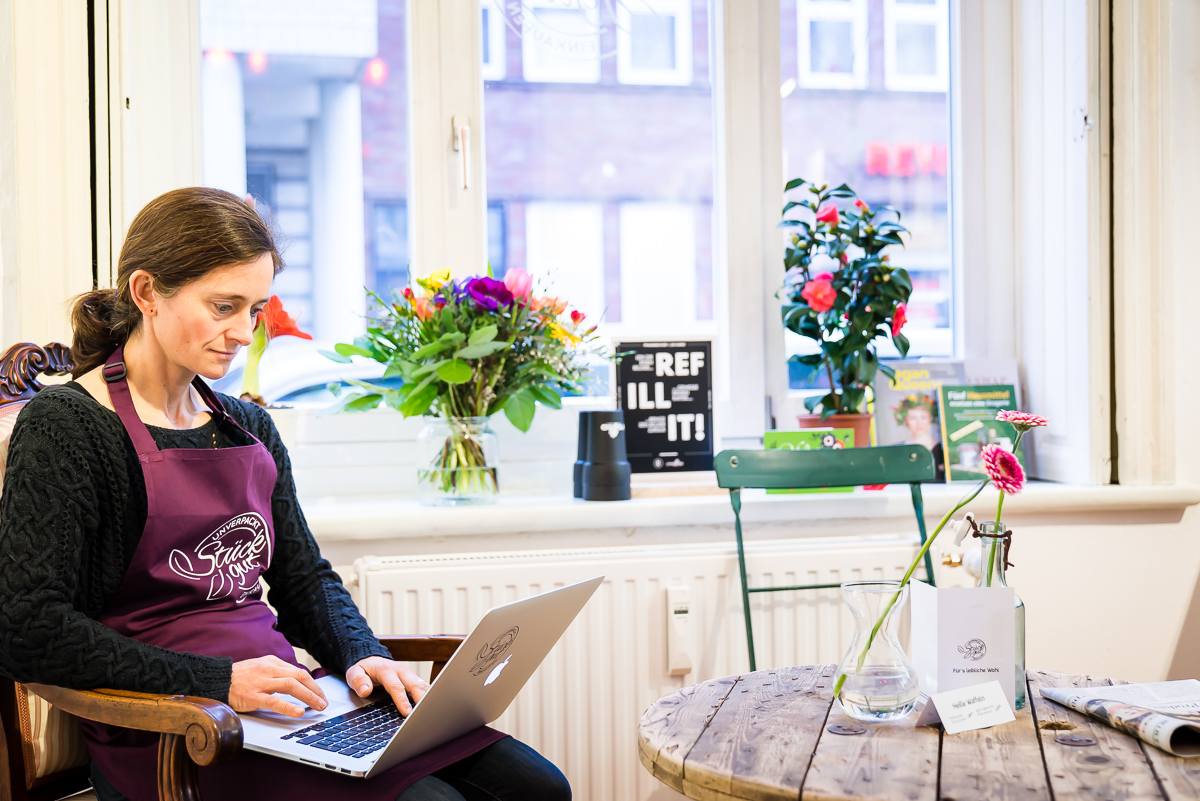
My grocery shopping routine is usually to leave the house with a bunch of empty bags and return home with them full. But this time was different. When I left my bags were already full with five Tupperware containers, two storage jars, a cookie box, an empty dishwashing liquid bottle and a few old fruit bags I was able to pack together on the spur of the moment. That should be enough for a test run anyway, I thought.
January 2017 saw the opening of “Stückgut” (roughly translates to ‘piecemeal’) in Hamburg, the first grocery store there to sell all of its food items without any packaging. I’m here to find out how zero-waste shopping works. The mountain of throwaway packaging left over after every trip to the grocery store has bothered me for a long time anyway. Every week my boyfriend and I find ourselves filling a new recyclables bag with plastic, aluminum and Tetrapaks.*
Architect Sonja Schelbach and business management veteran Insa Dehne left their former careers behind on a mission to liberate Hamburg from at least part of its own mountain of trash. Sonja tells us,
“After we had looked at this issue for a long time we decided we wanted to actually do something about it. We hope we can also make a living from it”.
After a year of preparations the two moved into a 750 square foot storefront location in Hamburg’s Ottensen district, where many locals are known for living an environmentally-conscious lifestyle. A nostalgic looking nameplate set in a wrought-iron mount hangs in the shop’s entranceway. Inside, the wooden floorboards creak under your feet as you walk around the apple-case shelves and counter. The coffee corner is furnished with flea market chairs surrounding large cable reels turned on their side to serve as tables.
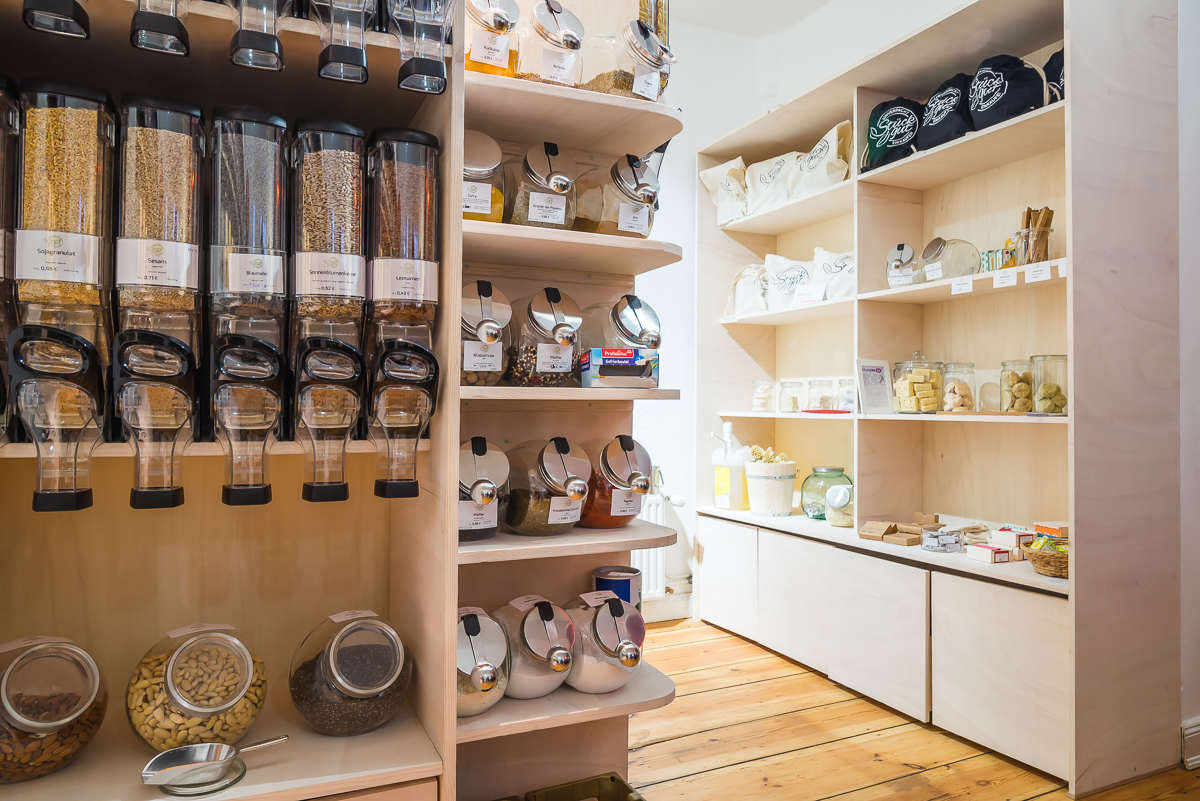
Bread, fruit and vegetables are displayed in the open, while most other items are stored in glass containers, bulbous contoured bottles and transparent bulk bins. There are no flashy, colorful labels or staged product presentation photos to give consumers an idealized vision of the products. And there’s something else that’s unusual about “Stückgut”: Unlike other stores where the opposite is common practice, at Stückgüt it is the conventionally manufactured food products that are labeled. Everything else here is certified organic.
Here’s how it all works with products that are poured or scooped into the containers you’ve brought along:
1. You weigh up your containers yourself and label them.
2. You fill them with the quantity of the product you want.
3. Then you go to the cashier where they subtract the weight of your containers to determine the price of the products.
It sounds simple enough, but it’s a little more complicated in practice. First, I needed a good ten minutes to weigh all the different containers I had brought along, and in the end I didn’t even use most of them. I intentionally didn’t bring a shopping list, preferring inspiration on the fly for this test run. My first impulse took me straight to the sweets, where I used a set of tongs to grab pieces of chocolate and put them into a paper bag. Then I wanted to pour some muesli into a glass storage jar, but at the last minute I noticed it was still damp on the inside from washing up. Sonja was nice enough to hand me a dish towel and as I dried the jar I took in the sight of all the dried products to see if there was anything I need.
GOING WITHOUT PLASTIC BAGS IS JUST NOT ENOUGH
Seeds and cereals like quinoa, bulgur, chia and poppy don’t really fit into my diet, and I still have noodles, lentils and rice at home. Peanuts? You bet! I would also like some cheese, but Stückgüt doesn’t carry any. They do however have sandwich spreads, yogurt, milk and butter in reusable glass containers, but they feel like they weigh a ton! Sonja explains, “Items that spoil easily are not really suitable for self-service, and at the moment we just don’t have the space for a service counter”. For me this means that an additional trip to a more conventional supermarket is unfortunately unavoidable.
Sonja tells me, “It would be great if the big chain stores would offer some unpackaged food products, also to help transport the idea to the masses”. It bothers her that some of the large brand name supermarkets recently enjoyed a PR boost when they discontinued selling plastic shopping bags at the cashier. Sonja believes there is greater potential for reducing packaging waste in the fruit-&-vegetables department and elsewhere.
„Manufacturers have to get on board, too. There’s nothing more ridiculous than the kind of multiple packaging you find where several small plastic bags of fruit gums are packaged inside one big bag.”
I ask her how Stückgüt’s products are delivered by the suppliers and whether any packaging waste accrues in this process. Sonja replies, “We buy everything in bulk packs. For instance, our rice is delivered in 25 kilogram sacks. We can return some of these containers to be refilled, but not all of them. At least we eliminate the additional portion packaging”.
INSIDE THE NO-WASTE-SCENE, THEY SUPPORT EACH OTHER
Throughout my stay here lots of people stop in. While many are “just looking around”, almost all of them praise the “great concept”. An elderly lady who is a regular customer stocks up on noodles while she eagerly tells me, “Stückgut reminds me of the little general store in the village where I grew up in the 50s before the big supermarkets arrived”. Another satisfied customer explains, “It’s like a Mom-&-Pop store, only more modern. Here you can serve yourself and you get personal service and advice”.
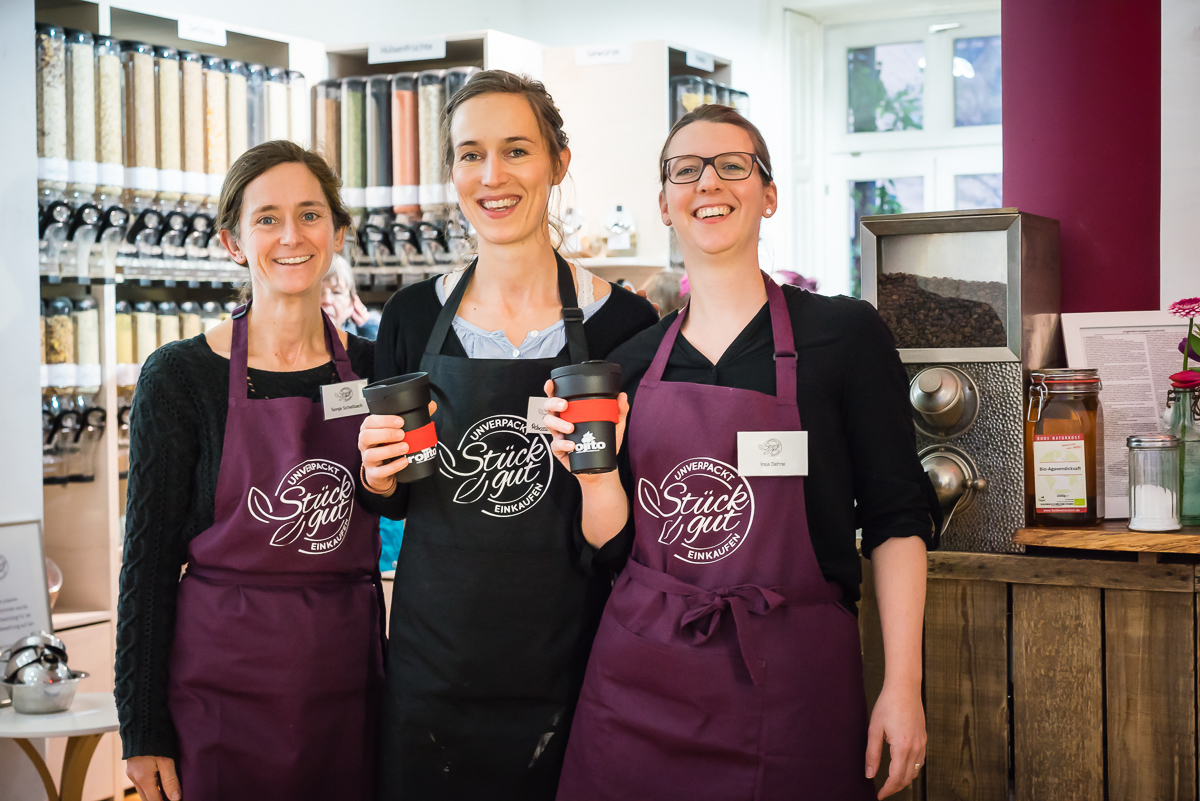
The cosmetics and health care area features solid shampoo and body butter alongside washable make-up pads and menstrual cups, and pump bottles with all kinds of liquid cleaners and detergents dot the floor. I could actually use some detergent, but I didn’t bring a suitable container. What now? Sonja comes to the rescue again. “We always have a stock of used containers here, also for those impulse purchases”, she tells me as she disappears briefly and then returns with a lidded tub. “This had soup in it before”, she explains and then smiles as she continues,
“Yesterday a customer poured detergent into an old vodka bottle! We relabeled the bottle of course. Better safe than sorry!”.
Sonja got the idea for Stückgut while she was on vacation in Denmark in 2014 and met Marie Delaperrière. Marie had just opened her own unpackaged grocery store called “Unverpackt – lose, nachhaltig, gut” in the German city of Kiel, the first of its kind in the country. “Marie helped us out with lots of great tips and business contacts”, Sonja explains, praising her mentor. And this seems to be the modus operandi in this niche scene. “We support each other and we’re always networking non-stop to keep pushing this movement. I hope there will be zero-waste grocery stores all over Hamburg soon!”, she enthuses.

The pioneer from Kiel, Marie Delaperrière, even hosts workshops for aspiring unpackaged entrepreneurs and existing businesses looking to convert part of their product range into loose bulk goods. Marie’s website features a map of Germany listing shops her “alumni” have opened in the meantime. They can be found all over the country, from “Lola – der Loseladen” in Hannover to “Zero Hero” in Nuremberg to “Die Nachfüllbar” in Saarbrücken. Her expertise is also a hot commodity beyond Germany’s borders, as evidenced by her involvement in “Gram” in Malmo, Sweden and “Ouni” in Luxemburg. Among this new wave of unpackaged shops Berlin’s “Original Unverpackt” store is a rising star with a growing profile. “Original Unverpackt” now even runs an online shop, but this seems to almost defeat the purpose of reducing packaging.
In any case, a look beyond northern Europe’s borders reveals that this is a growing international trend. London’s “Unpackaged” store already opened in 2006. The “Effecorta” chain now has stores in four Italian cities, while Barcelona is home to “Granel” and Vienna boasts not one, but two unpackaged grocery stores with “Greißler” and “Maß-Greißlerei”.
Looking further afield we find zero-waste supermarkets in Vancouver, Canada, in Denver, Colorado and also coming soon to NYC, to name just a few. What no-packaging grocery stores are you already familiar with and what has your experience with them been like? My take on my initial zero-waste grocery venture is that the shopping experience is of course not as “comfortable” as shopping at a supermarket, and the selection needs to grow. But having said that, there’s a friendly informality you’ll find here along with plenty of like-minded shoppers to talk to. And that’s reason enough to come back.
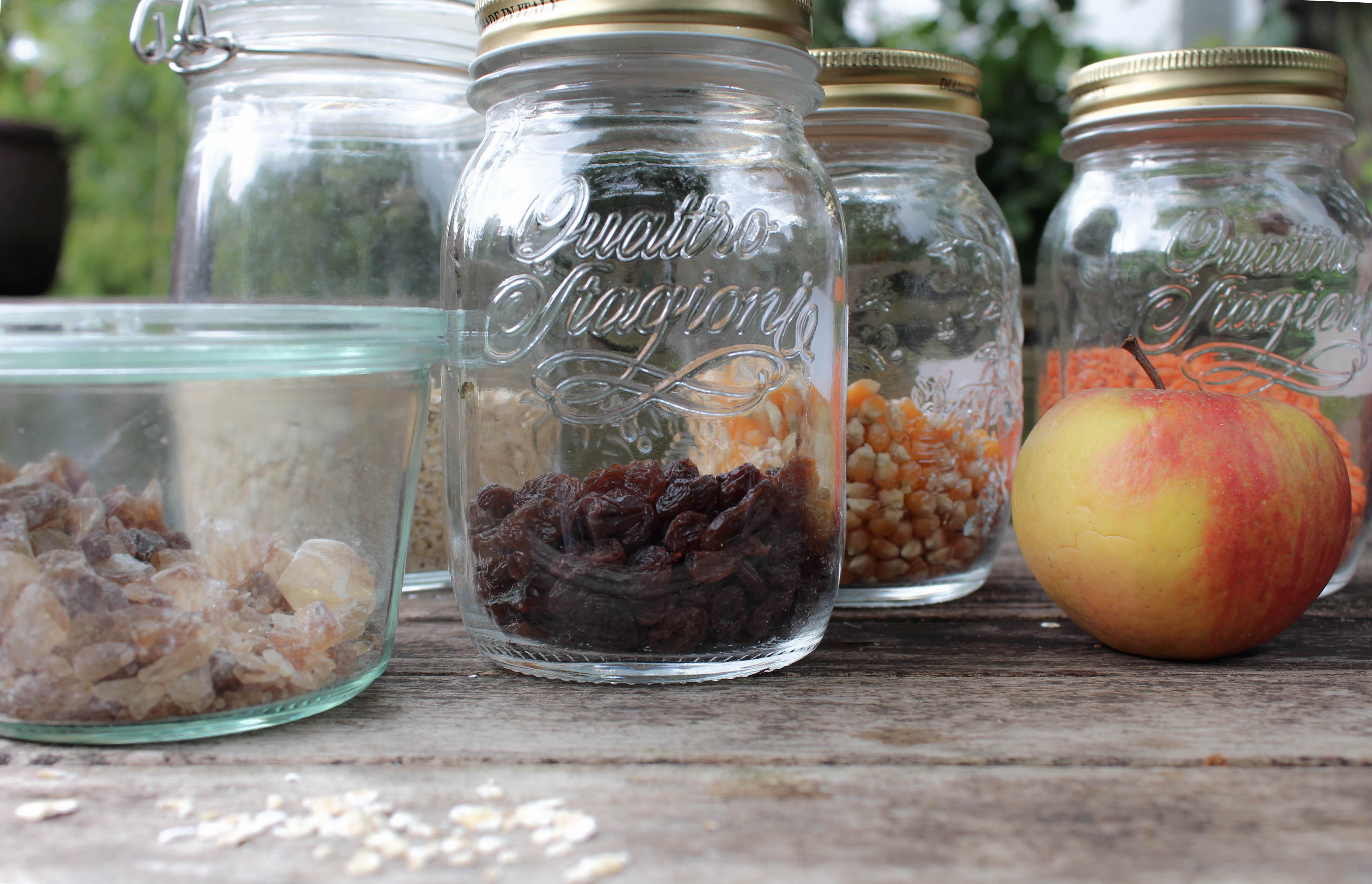
* A new record high was set in Germany in 2014 with 17.8 tons of discarded packaging (that equals around 450 lbs. per German resident for the year). Of this total, 8 million tons consisted of paper and cardboard while 2.9 million tons was made up of plastics. The German record for the least amount of packaging waste over the last 25 years was set in 1996 with 13.6 million tons. Source: UBA
Text: Nicoline Haas
Translation: John Jeffrey Collier
Photos: Stückgut Hamburg (4), Berit Ladeweg (1)

